Seniors are often eager to head off to university, but the college decision process can be draining, time consuming, and difficult.
There are many different reasons why one might choose to apply to, and ultimately decide, to attend a specific college. Some of the most common, overarching factors that several of this year’s La Salle seniors considered include location, academic programs, sports, community, and price.
Mason Bauer prioritized location in his decision to attend Oregon State University. He prefers to stay close to home and ultimately decided due to the fact that “Oregon State is about an hour and a half [or] two hours away from me, which is really nice,” he said.
Similarly, Mya Murphy, who committed to University of Oregon, took location into serious consideration when deciding which school to commit to. “At the end of the day, it came down to staying close to my family and my dog,” she said.
Joanna Perez-Hernandez chose to focus on the academic programs when selecting a school, and is now officially committed to the University of San Francisco. “It was definitely more about the academic programs and the diversity that there is,” she said. “I felt really welcomed into that college. I felt like it had everything that I needed or wanted, like internships and scholarships.”
As far as athletics goes, Melly Riel debated whether or not to continue running track and field along with cross country through college. “I seriously considered going to Seattle U for a while and running for them, but after talking to the coach, I decided I didn’t know if that was something I was interested in,” she said.
Kennedy Harris has played tennis since she was 11 or 12, dreaming of playing tennis for University of Portland, the school she will be attending in the fall, ever since. Referring to the role that tennis played in her application and decision process, she said, “that was the big factor for everything pretty much.”
College can be very expensive; many seniors also mentioned cost being a significant part of their decision.
Bauer said that he “wasn’t really planning on going to OSU, but when I looked at the costs and how much debt I’d be coming out of college with, I made the choice to go to OSU.”
It’s no secret that the application and decision process also comes with challenges. Most seniors agreed that writing the essays was the most difficult and time consuming part of their applications.
Bauer that the application process “was pretty difficult. I think, in terms of work, I probably had to write fifteen [or] sixteen essays,” he said. “It did take a while.”
Perez-Hernandez recalled, “the essays were a bit complicated and you had to make sure that it was well written in order to be considered to attend that college.”
From supporting their dreams to answering their questions, many students found their friends and family played a big role in the process.
For Manu Tanzambi, who has committed to University of Portland, his older brother was his helping hand. “For context, both my parents are African, and we came here when we were kind of young, so they’re not really used to all this college stuff.” Due to the fact that his brother went through the process already, he found good assistance in his advice.
Both Bauer and Harris found the guidance from their parents helpful.
In Harris’ case, her parents have been on board since the very beginning. “They’ve known that I wanted to go to UP since a young age, so they were just really helpful and trying to make my dream come true basically,” she said.
Bauer said, “my parents helped a lot. They made sure I looked through my essays [and] they gave helpful advice on what experiences I could write about for these essays.”
However, students also added that the college counselors at La Salle, Ms. Jennifer Brigham and Ms. Madeline Hanley, were particularly helpful.
Tanzambi said, “they made the college process super smooth. They answered every question and just guided us, and they’re always open there for anyone to come by and ask questions.”
Bauer mentioned that they were especially helpful in proofreading his essays and he recommends sending admissions essays their way because “they can look at them and give you a bunch of great advice.”
Although the class of 2025 will be moving forward, they left behind some advice for juniors who will be following the same process this upcoming year.
Whether it’s applying, being timely with the applications, or parsing through the results, the seniors remind the younger classes to not be distressed.
To start, Murphy suggests not getting too overwhelmed with decisions. Her biggest overall comment is “to not stress about it because you have so many supporters and people that are willing to help you.”
As Riel ended up at University of Oregon, which was not her dream school, she said “don’t get your heart set on one specific place because, I mean, I always thought I wanted to go to UW, but sometimes it just doesn’t always make sense, and sometimes you’ll see a place in real life and actually fall in love with it.”
Perez-Hernandez recommends that juniors should work early with their school options. “Start writing your personal statement during the summer … [and start] looking at scholarships and having a realistic plan,” she said.
In addition, Tanzambi mentioned building a list of top, middle, and safety schools to prepare. He specifically reminds juniors that, “it’s not bad to apply for a reach school, for example, Harvard or the Ivy Leagues.”
According to Bauer, if an individual applies earlier, they have the possibility to hear back from the applied colleges earlier. He said, “don’t wait until the last minute to do your essays and all your common application stuff.”
Even though the process of applying is tedious, the seniors have almost made it. On May 1, all of the students who have committed will be representing their respective college gear around La Salle.





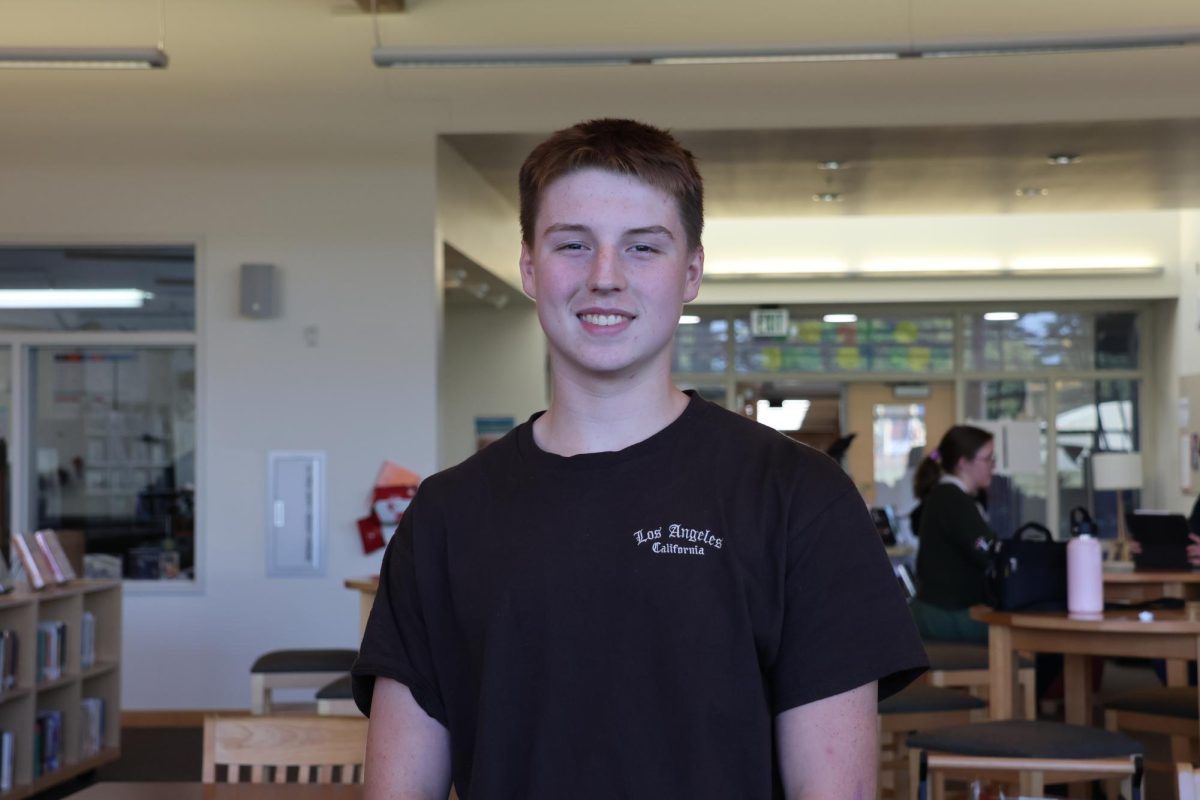
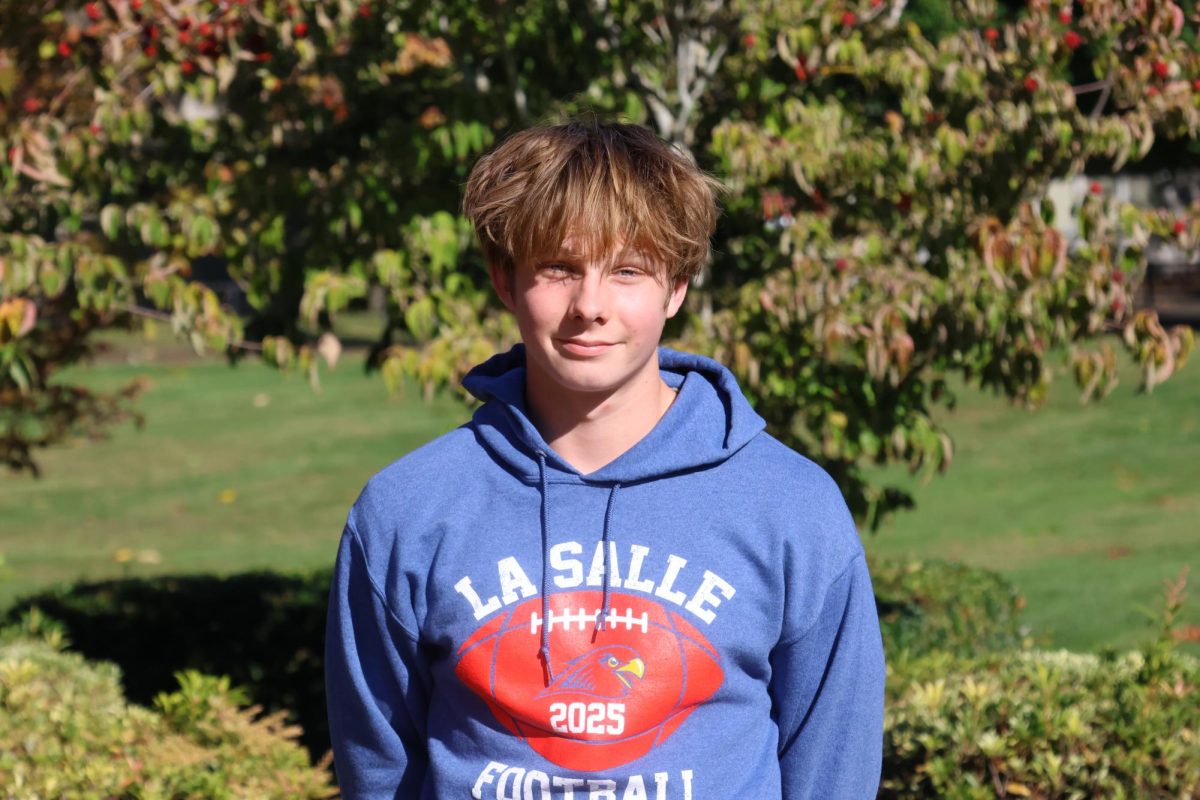
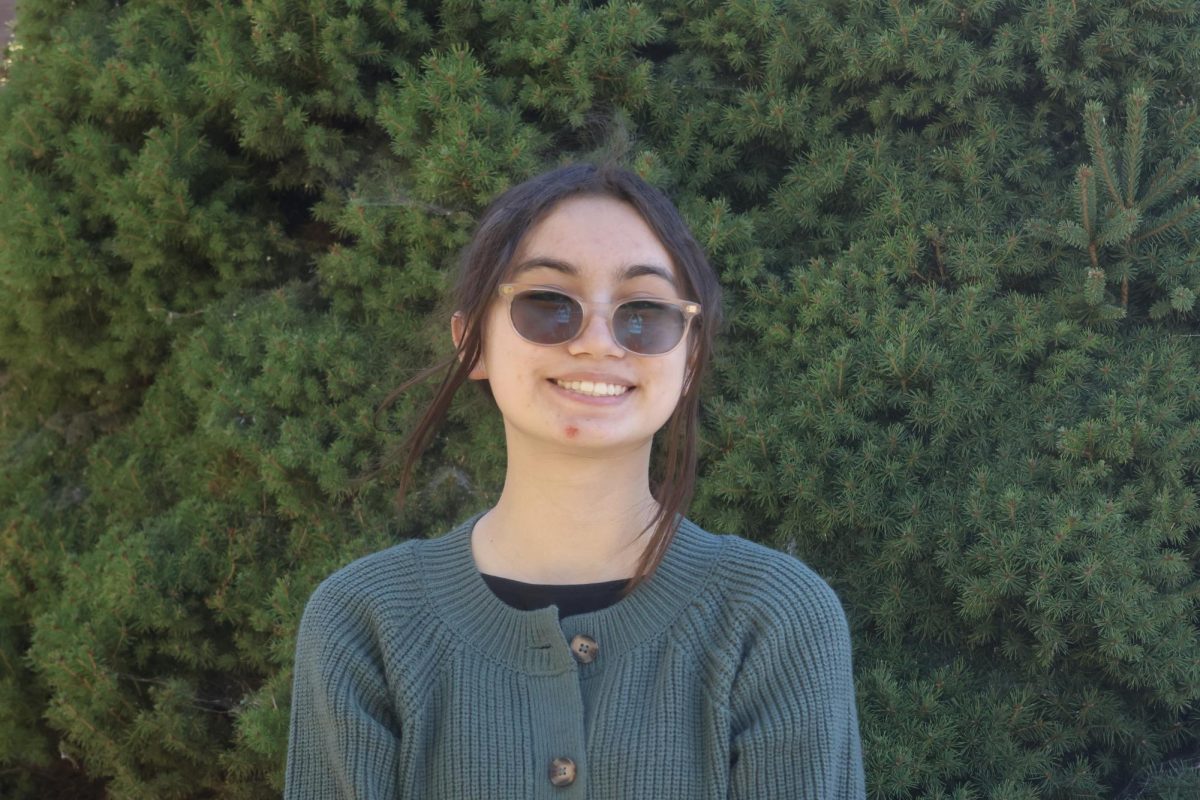
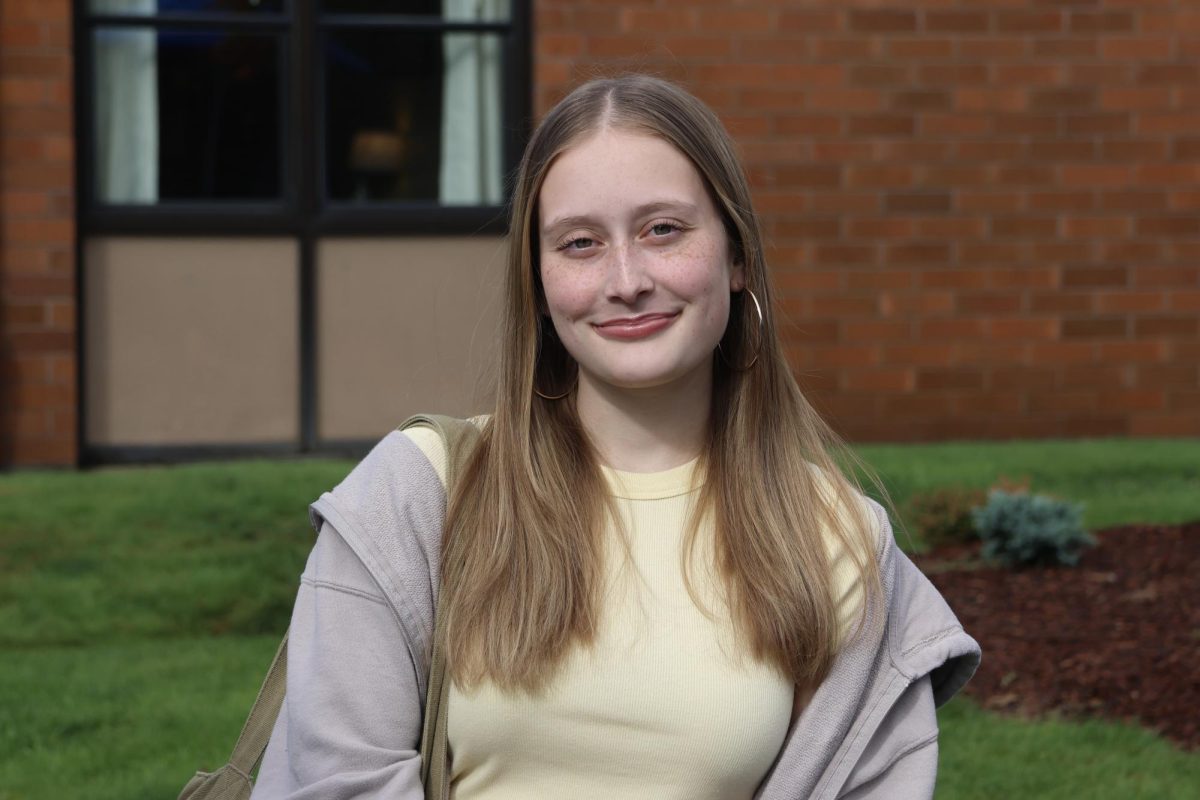
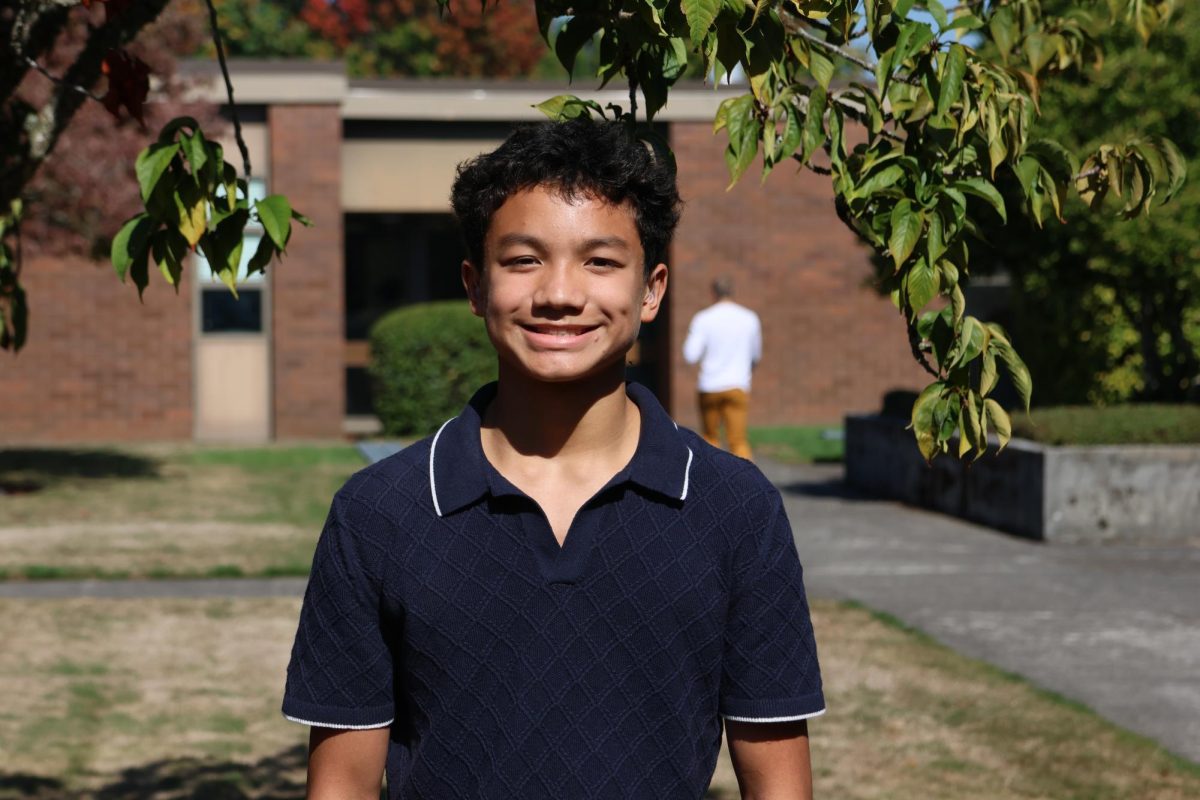
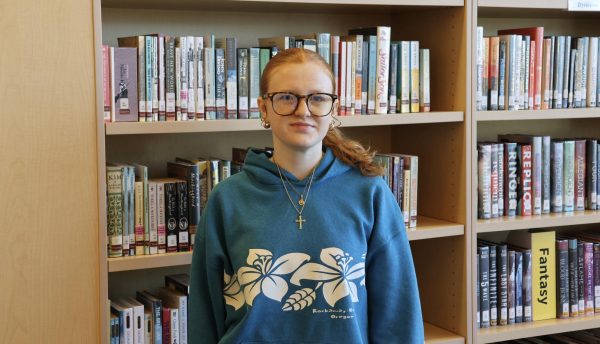
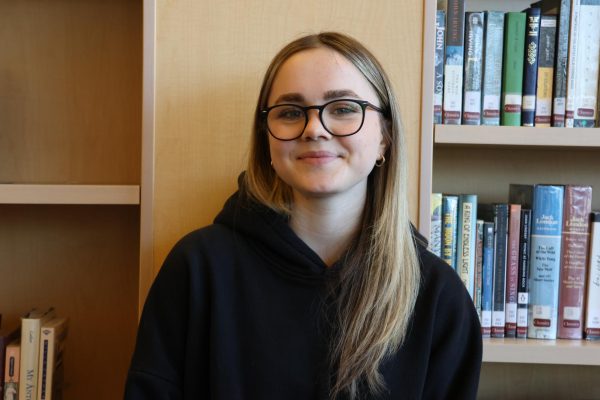
Chris Babinec • May 16, 2025 at 8:50 am
Congrats to all the seniors wherever they go and whatever their next steps may be! Thank you for the excellent advice for the students coming behind them!